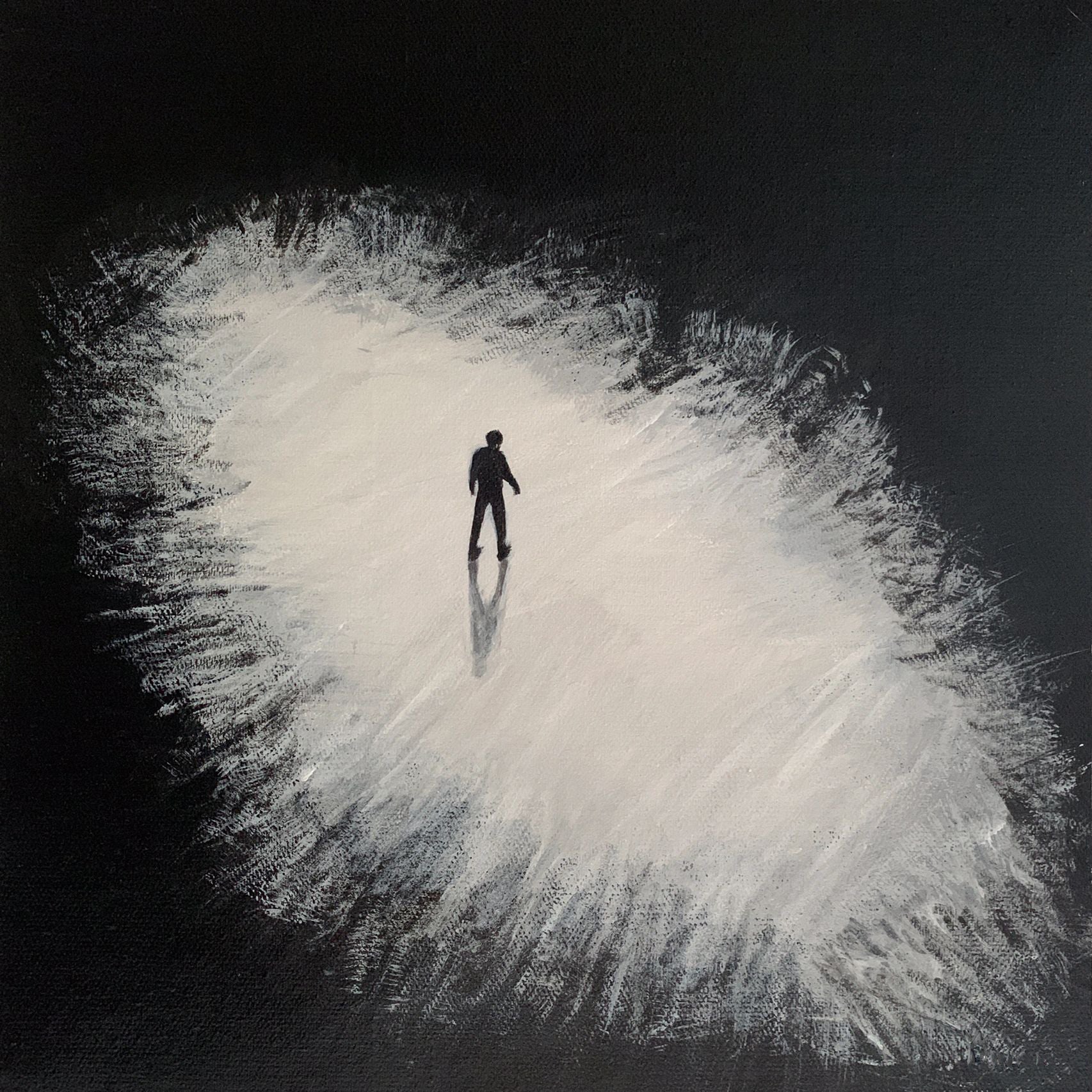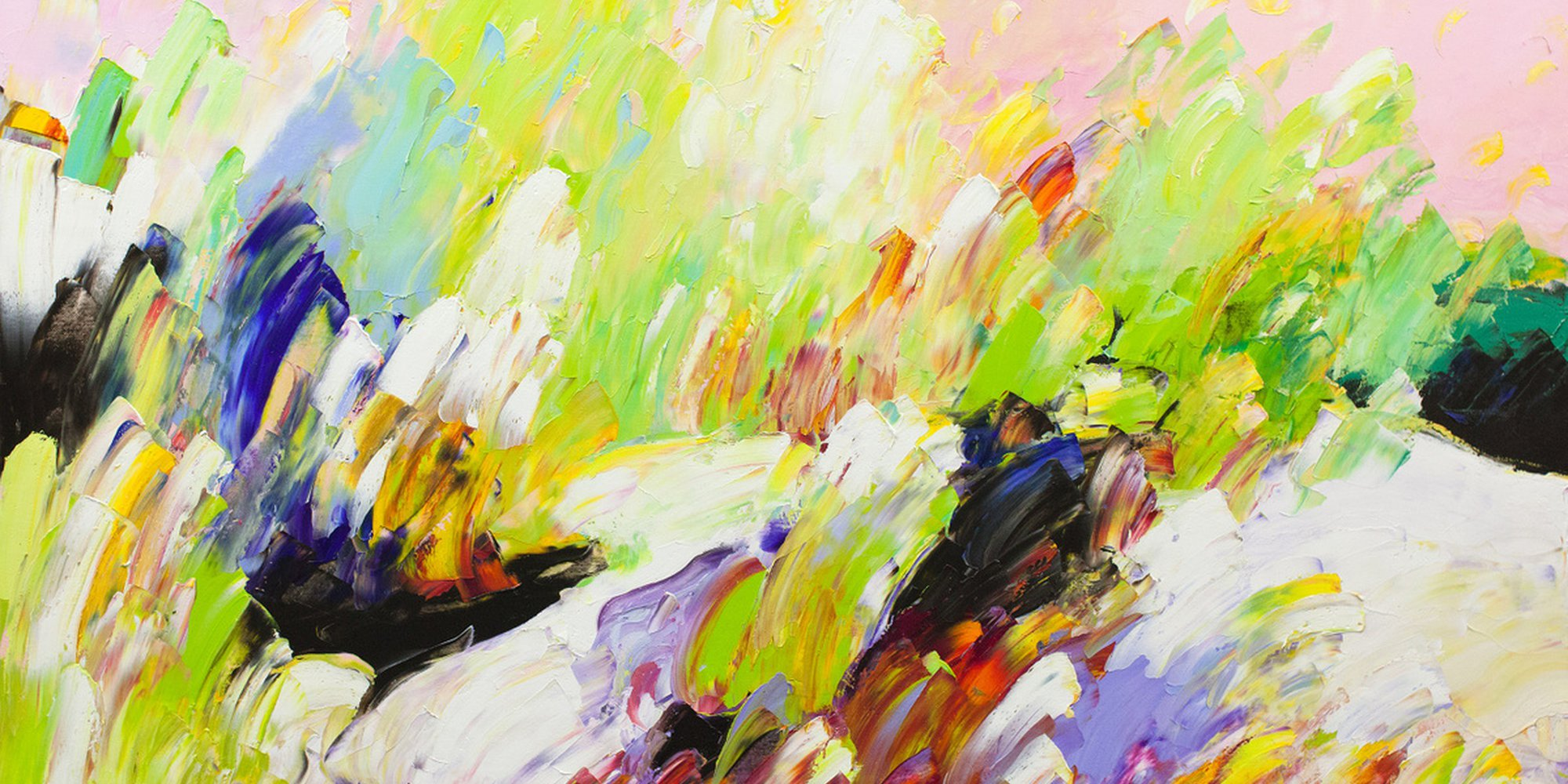
What does it mean to commission art
When thinking of commissioned art, chances are the first thing that pops into your mind is an extravagant Renaissance portrait of a wealthy person, and you’re not far off. Commissioning art has historically been a way for people around the world to display their wealth and power. Artists like Leonardo Da Vinci and Diego Velazquez gained popularity because of the high demand for them to paint commissioned works for members of the upper class. This is not to say commissioned art is confined to portraits. Often times churches commissioned artists to create paintings that depicted biblical scenes like Michelangelo’s fresco paintings on the walls of the Sistine Chapel.
Moving forward in time, the culture of commissioning works has opened its doors to a wider audience. Now, people have more access to artists’ works and have the ability to contact them about getting a piece commissioned. Getting a work commissioned gives you the opportunity to be part of the artistic process that is involved when creating a work of art.
History of commissioned artworks
One thing that connects all art movements is the public’s want to own a work of art that embodies the style and time. In earlier years, portraits functioned as a way to immortalise one’s life, and therefore had to be realistic. Not only was it popular to have portraits of oneself but many also commissioned art that depicted religious scenes and historical events to showcase how cultured and educated the family was. The Medici family, once the richest family of Italy, commissioned works from the likes of Michelangelo, Da Vinci, Raphael, and Botticelli, eventually building up a large private collection.
As technologies and styles evolved, the demand for commissioned works did not diminish. It was no longer strictly about having a realistic portrait but it was about being able to participate in a movement. Andy Warhol was often commissioned by famous figures to create portraits of them because of his iconic and revolutionary pop art style. Even governments and businesses moved into the art world commissioning artists to help them create and establish an identity. Commissioned by the Spanish Republic Government, Pablo Picasso was asked to commemorate the bombings of Guernica, which is one of his most famous works today.
Can I commission art?
Don’t worry, commissioning art is no longer just something members of the upper class during the Renaissance can afford to have! Today, many artists are open to taking on commissions as it shows them people are enjoying their work. If you really like a work of art but it’s already sold or you are looking to get something a little more personalised, try reaching out to the artist. Commissioning artwork is a unique experience that allows you to trust someone to create what you are visualising. It gives you the chance to have a personalised work of art that will stay with you forever.
Choosing the right artist and subject
When getting a work of art commissioned it is important to think about the subject you would like and what style would suit it best. If you are choosing to get work done by your favourite artist based on their style keep in mind that perhaps some subjects are better suited to certain styles.
As said before, commissioned art is not only portraits, if you like previous works of an artist you can discuss with them how to create a similar piece. You don’t have to come up with something revolutionary and different, you could simply enjoy a previous work of an artist but would like to change some details of it. If you are looking to come up with a new subject for the commissioned piece try and be as detailed as possible when explaining it to the artist.

Keep open communication
Commissioning a work of art requires a relationship to be built between you and the artist. It is important to have open communication and discuss what you want from the artist but also understand that the artist is working hard to create your vision. Depending on what you are asking for and how much work the artist is taking on, commissioning a work of art is a long process that should not be rushed.




